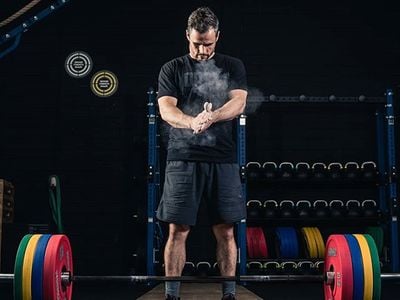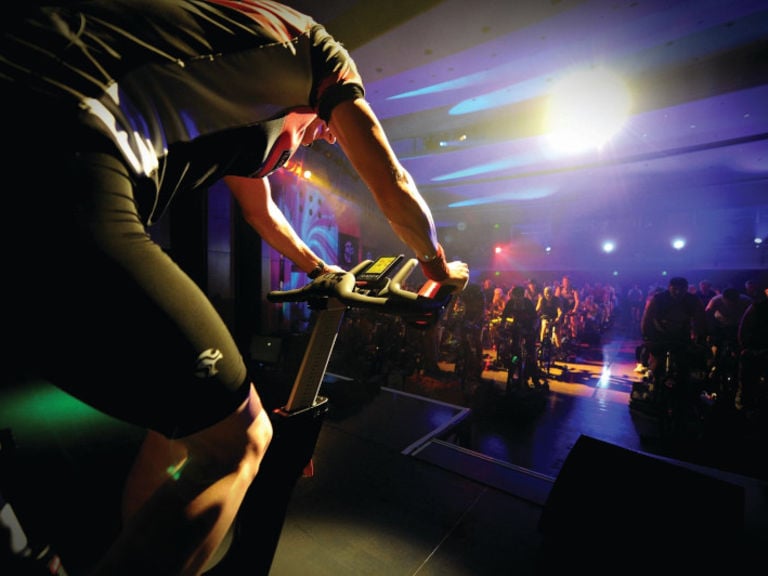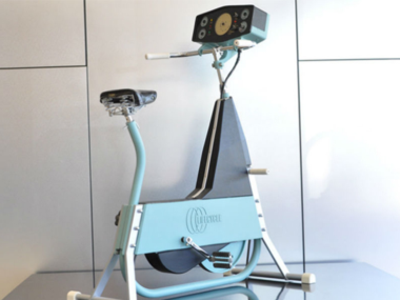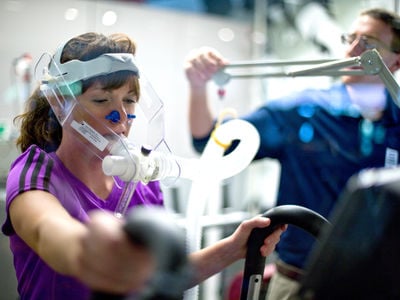Feeling the cold this winter? Getting more exercise might help.
New research out of Canada has found that exercise can protect against the cold.
When we are faced with cold temperature, humans use shivering as a defence against it. Shivering will boost the body’s heat production but only for a short time. After that, the muscles run out of energy and become too tired to shiver.
When muscles can shiver for longer, they can keep the body warmer for longer.
This current study’s hypothesis was to see if prior exercise helps strengthen the muscles and thus allow more protection against cold.
The study
Researchers from the University of Guelph and the University of Copenhagen undertook the study on male mice. One group of mice was given access to a running wheel, while another group remained sedentary for 12 days.
After that, the mice were put into an environment of either 25°C or 4°C.
The mice were in this environment for 48 hours.
During this exposure, scientists measured both groups of mice for changes in body weight, food intake, blood sugar levels, rectal temperature and fat tissue. In addition, the mice’s limbs muscles were measured.
The results
The study found that the mice that had exercised were had more protection against cold temperatures than the sedentary mice.
Exercised mice did not lose weight in response to cold, as the sedentary mice did. Exercised mice also maintained their weight by eating more in response to exercise. Researchers believe that because of this, the exercised mice were able to better regulate their core body temperature.
Also, the sedentary mice had lower rectal body temperatures overall.
The researchers also believe that the cold protections seen in the exercised mice may have to do with strengthening of the mice’s muscles.
The study concluded: “We speculate that the protection against cold‐induced reductions in rectal temperature could potentially be linked to exercise‐induced alterations in skeletal muscle.”
This study provides evidence that exercise may be helpful for people who are exposed to cold weather on a regular basis. For example, if a person is often in a cold climate outdoors for work or has a long commute.
“In this study we show that exercise training helps build limb muscle and in turn offers better protection against cold conditions,” said David C. Wright, one of the study’s authors.
“We would now like to determine if the responses that we saw in males also occurred in females. It would also be interesting to determine if obesity impacts the effects that we saw.”
Reference
Knnuth, C.M. et al (2018.) ‘Prior exercise training improves cold tolerance independent of indices associated with non‐shivering thermogenesis.’ The Journal of Physiology
First published: 14 August 2018. https://doi.org/10.1113/JP276228





















